10 Things Golf’s Governing Bodies Are Talking About
From the distance and equipment debate to sustainability
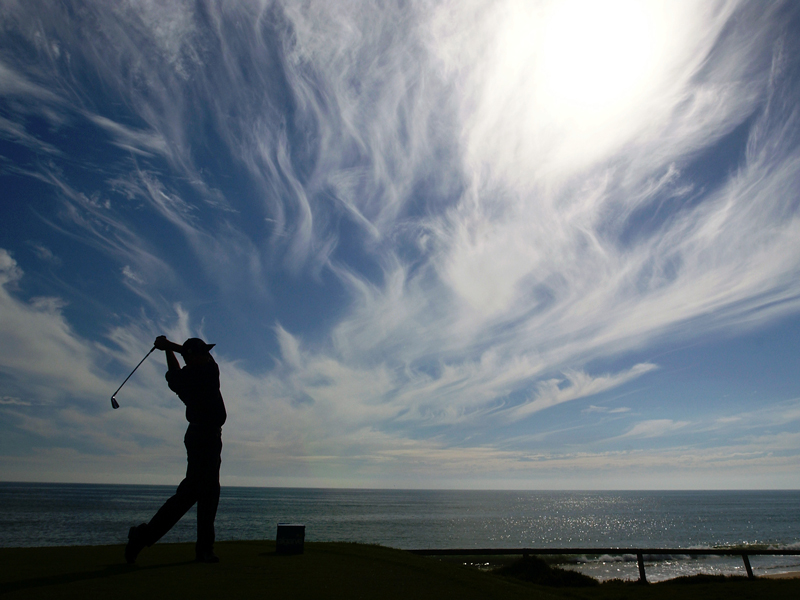

Golf Monthly has an ear to the ground to keep up with discussions in different golfing circles. Here’s what Golf’s Governing Bodies are talking about right now.
10 Things Golf’s Governing Bodies Are Talking About
At Golf Monthly we keep our finger on the pulse and our ear to the ground as we like to stay abreast of what’s being discussed in various golfing circles.
We’ve been speaking to our (anonymous) contacts to find out what those who work within golf’s governing bodies have been chatting about recently.
Here below are 10 things that Golf’s Governing Bodies are talking about right now.
Distance and Equipment
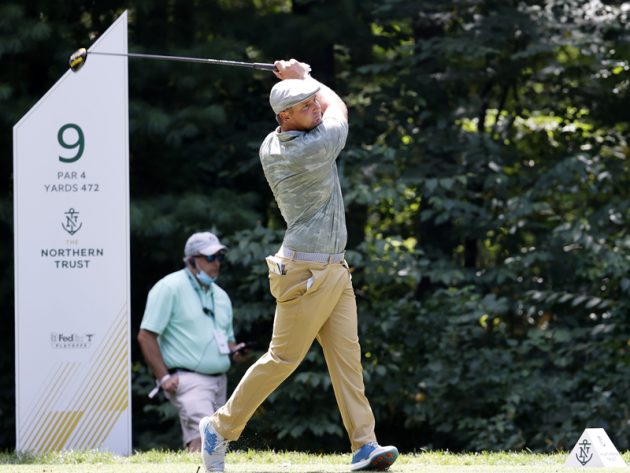
Does the distance that top players hit the ball have a detrimental effect on the sport?
This is a hot topic for golf’s overarching governing bodies. The R&A and USGA’s Distance Insights Report, released earlier this year, suggested it could be the case – that ongoing trends in distance increases at an elite level are having an impact to reduce the importance of some of the more skilful aspects of the sport.
Get the Golf Monthly Newsletter
Subscribe to the Golf Monthly newsletter to stay up to date with all the latest tour news, equipment news, reviews, head-to-heads and buyer’s guides from our team of experienced experts.
The R&A and USGA are continuing to monitor hitting distances and their impact. The nature of play in the professional game this year has stoked the flames of this debate.
With Bryson DeChambeau’s monster hitting and the increasing predominance of power players, the question governing bodies is asking is – Do equipment rules need to change? Or, should we see a bifurcation of equipment rules?
The R&A’s Chief Executive Martin Slumbers has spoken on the subject, to say that it’s important to have a balance of skill and technology in golf.
The other side of the debate that those working for governing bodies have to consider is: Do we want to see a difference in the rules for elite players and amateurs? Would it have a negative effect on the game as a whole if the top players are using different kit?
Also, is equipment the best way to tackle the issue? With equipment that goes 10% less distance, Bryson would still be ahead of the pack…
What about changing course set-up, making it less of an advantage to hit the ball massive distances – tightening up fairways at 300, proper pot bunkers at longer drive distance, rough you can lose a ball in…
We asked the question: Is accuracy more important than distance?
What would the rules be if we could start from scratch?
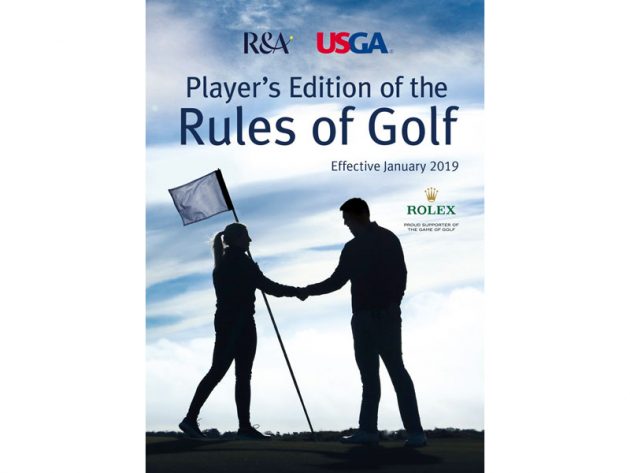
This is a popular topic of conversation amongst those in golf administration.
The rules of our game are extensive and complex and there are those in the governing bodies who see that complexity as a barrier to entry to golf. Could the rules be simplified? Could we get back to just playing the ball as it lies until it finds the cup?
When we considered Golf 2.0 – A Blueprint For A Better Game, we discussed what we would do with the rules if we had a blank canvas.
Software – The way forward?

As in every element of life, golf must move with the times and, in an increasingly digital world, the sport has to keep pace with technology.
Moving scoring, booking, handicap management, club facilities et al. online could be a great way of streamlining the administration of the game.
But older members may not have the necessary IT proficiency to benefit and feel alienated. And will we lose the personal touch in golf? Human interaction is such a feature of our sport so do we want everything to be done through a screen?
Earlier this year, we found out more about Scottish Golf’s Venue Management Software technology.
Sustainability
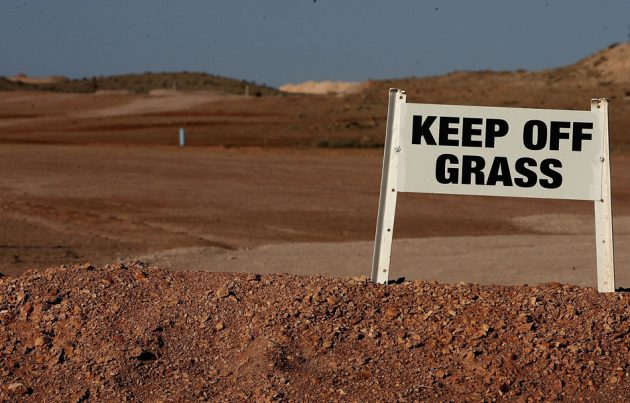
Golf has to be seen to do all it can to be environmentally sustainable.
Golf courses cover large areas and must be maintained in a sustainable fashion with limited chemicals and watering.
Tournaments must be run with sustainability in mind and clubs must look towards ways of limiting their environmental impact.
The governing bodies are very aware of how important this topic is within the game.
Why don’t clubs get it?
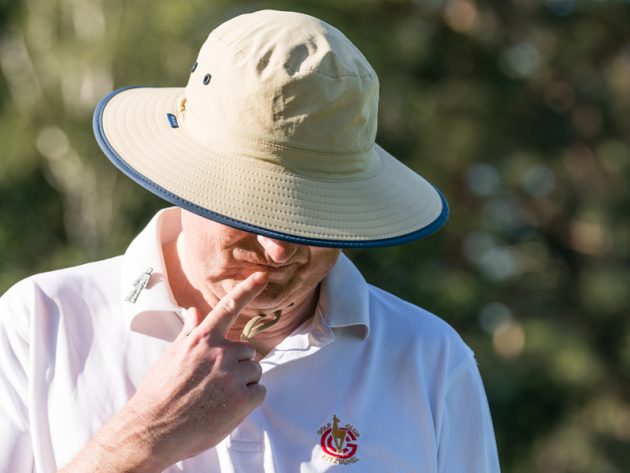
A source of frustration at governing bodies is the belligerence of golf clubs, particularly in this country.
Many clubs in the UK and Ireland have been established for decades, even centuries – As a result, they’re pretty confident in their own way of doing things.
Trying to influence clubs, even if it’s for their benefit, is a great challenge for the governing bodies.
A frequent governing body lament heard in the pub after a hard day working on trying to assist golf clubs goes something like: “We offer them software, workshops, guidance, expertise… all for free… and they push back. What can we do?”
The uniqueness of golf clubs is, of course, something to be celebrated but we too feel there are ways that most can improve – we consider them here - 12 ways your club can improve.
How do we get more people interested in the game?
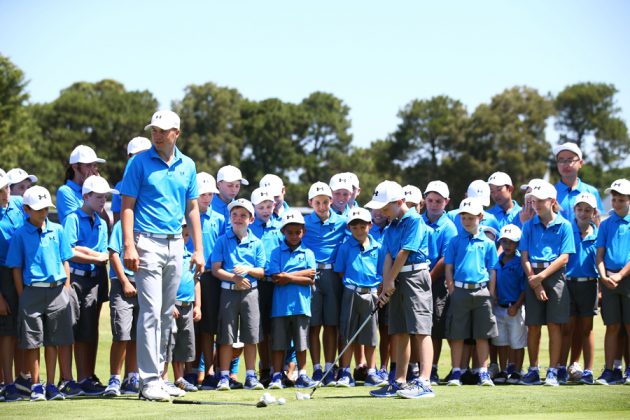
This is a fundamental aim of all golf’s governing bodies; to increase the number of people who enjoy our sport.
A key objective is to bring more young people into the fold.
Also, there’s a significant opportunity to attract more female golfers to the game.
Here we considered 10 ways to get people into golf.
Spending on elite golf – How much is too much?

Governing bodies have to look closely at where to direct budgets to most effectively benefit the health of the sport.
One key area to drive interest is elite golf as this is where the inspiration for young players comes from.
Invest in the elite amateur and professional games, create champions and inspire a new generation… It’s a simple concept and one that’s proven to work…
See events like the Asia Pacific Amateur Championship and Latin America Amateur Championship.
But, should spending on the very top tier come at the expense of the grassroots golfer?
How do you find the balance? To support the lower-level clubs and starter programmes too…
Elite golf is all very well to provide inspiration, but you need the facilities for those who’ve been inspired to go and experience playing golf for the first time…
What level of support should struggling clubs receive?

That leads on to this tricky question? To what extent should we try to save clubs that are on their last legs?
Although golf has enjoyed something of a boom in post-lockdown this year, there are clubs that are finding it hard to make ends meet throughout the country.
Should governing bodies provide them a lifeline or is that just throwing good money after bad?
We wonder here whether some clubs need to close to allow others to thrive?
How do we get golf “out there” more?

Again, something governing bodies must (and do) try to do.
More golf on TV is a key objective and not just in terms of competition golf. If golf appeared more on regular TV and was not (standardly) portrayed as a sport for plus-four wearing old men, then appeal could grow.
Making more of celebrity golfers, making golf seem appealing to a broader spectrum of the population – England Golf’s Membership Give it a Try campaign is a good example.
Should big golfing events be on free to air TV?

Back to TV, getting golf’s most significant events like The Open and The Masters on free to air television would surely extend the game’s reach… Or would it? We consider that here.
Also, could more women’s events be shown and at prime times?
For all the latest equipment news and reviews, be sure the follow Golf Monthly on Facebook, Twitter and Instagram.

Fergus is Golf Monthly's resident expert on the history of the game and has written extensively on that subject. He has also worked with Golf Monthly to produce a podcast series. Called 18 Majors: The Golf History Show it offers new and in-depth perspectives on some of the most important moments in golf's long history. You can find all the details about it here.
He is a golf obsessive and 1-handicapper. Growing up in the North East of Scotland, golf runs through his veins and his passion for the sport was bolstered during his time at St Andrews university studying history. He went on to earn a post graduate diploma from the London School of Journalism. Fergus has worked for Golf Monthly since 2004 and has written two books on the game; "Great Golf Debates" together with Jezz Ellwood of Golf Monthly and the history section of "The Ultimate Golf Book" together with Neil Tappin , also of Golf Monthly.
Fergus once shanked a ball from just over Granny Clark's Wynd on the 18th of the Old Course that struck the St Andrews Golf Club and rebounded into the Valley of Sin, from where he saved par. Who says there's no golfing god?
-
 Volvo China Open 2025 Picks, Odds And Predictions
Volvo China Open 2025 Picks, Odds And PredictionsFollowing a break for The Masters, the DP World Tour returns for the final two weeks of its Asian Swing and the Volvo China Open is the penultimate event
By Jonny Leighfield
-
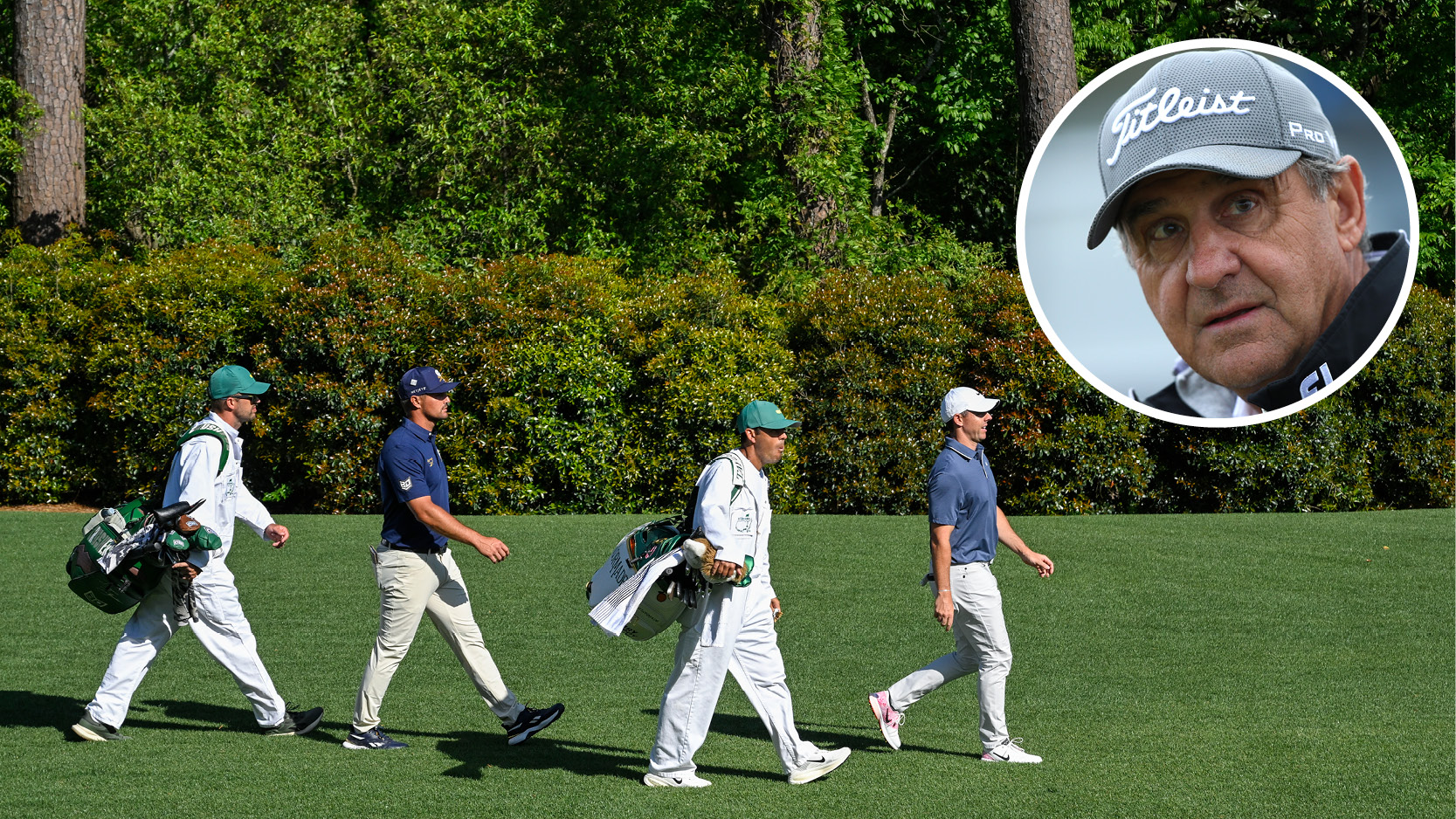 Rory McIlroy's Sports Psychologist Explains Why He 'Didn't Talk' To Bryson DeChambeau In Masters Final Round
Rory McIlroy's Sports Psychologist Explains Why He 'Didn't Talk' To Bryson DeChambeau In Masters Final RoundDeChambeau raised eyebrows at Augusta National when claiming that McIlroy wouldn't engage in conversation during the final round of The Masters
By Jonny Leighfield